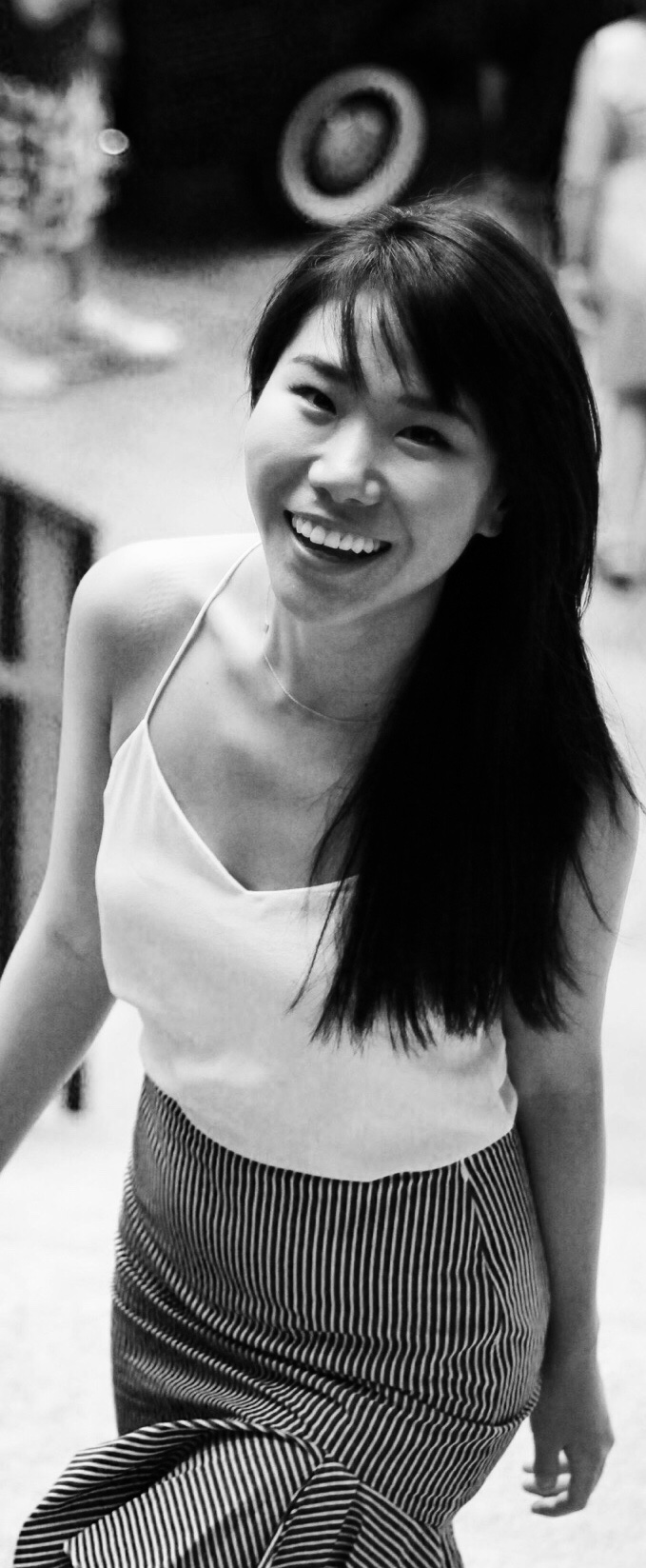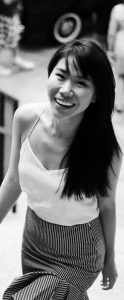Featured: Beauty/Fashion, Marketing, Entrepreneurship
Michelle Lin is the Vice President of eCommerce and Marketing for Bastide, a French beauty start-up. Previous to starting Bastide, Michelle built her marketing expertise at Procter & Gamble. She graduated from BHP in 2009 with degrees in Finance and English, and went on to earn her M.B.A at the Duke Fuqua School of Business, with a focus in strategy and entrepreneurship. We recently caught up with Michelle to learn about Bastide and the beauty industry.
Bastide is a very unique brand. Can you tell me more about it, and how you became involved?
Bastide is a beauty startup from the South of France – we have a collection of natural beauty products all made by different artisans in Provence. I’m actually the only non-French employee. We have been building the company for more than two years and launched into the US and France a year ago. The company is owned by Frédéric Fekkai, who made his fame from Fekkai haircare, which was later sold to P&G, where Frédéric and I met. It was a great learning experience at P&G to learn the fundamentals of brand building, but I wanted to work on building smaller brands and touch more parts of the business. After Fekkai, Frédéric came to me with the idea of starting a new company – Bastide. Even though my title is Vice President of eCommerce, we are a true scrappy start-up team, so we all wear multiple hats. I cover everything from product development, to branding, to setting up our pop-up shop. It’s very all-hands-on-deck and exactly what I wanted.
Now that our team’s a little bigger, what I focus on is how to become a great direct-to-consumer brand. Because we are a French brand, it’s very different trying to navigate our way in the e-commerce space. There’s a lot of very cool, trendy e-commerce brands from the U.S. and they have very American practices. We are learning to merge our French style with American best practices. I am spending a lot more of my time on how we articulate our brand positioning in both markets, especially as it relates to social media.
What is it like to work in marketing in the beauty and luxury beauty industry?
Marketing in the beauty industry is often quite unique because in many of the big companies, like L’Oreal, Estee Lauder, Coty, and P&G, the marketing function is the lead function, not a support function. Marketers are responsible for leading the team, delivering the product, and delivering business results.
The way I would describe the job is in thirds. One-third of it is really sexy stuff that people associate with marketing – dealing with ad agencies, influencers, editors, photoshoots, and events. Another third of it is project management, which is almost like the complete opposite. It’s defining the product, negotiating with multifunctional partners, getting research and development to work faster, and making the supply chain better. The last third of the job is P&L management like knowing your sales, your margins, and your cost structure. Overall, a third of it is the really creative side of it and two-thirds of it is business management.
Was it always your goal to work in the beauty industry?
At McCombs, I actually studied BHP, Finance, and English. I took marketing courses but I wasn’t a marketing major. I always say that what I’m doing now is a marriage of what I studied. One of the things I appreciate about BHP was that they pushed us to intern early and get as much work experience as possible. I had done a finance internship in energy and oil after my sophomore year, and I realized I absolutely hated finance. The people are great, but I was doing stuff like tracking the foreign exchange on chemical symbols I didn’t even understand. I was so appreciative of that experience sophomore year, because when I recruited junior year I knew what I wanted. I wanted to deal with more creative elements, and to work with something that was more tangible. The consumer goods industry was then an obvious choice.
I had recruited for P&G in a finance role originally. I called them desperately and asked them to put me in something else after realizing I wanted to pivot. They thought I would be a good fit in their consumer insights division, where I interned and then returned full-time for the first two years out of college. Qualitative and quantitative research has really changed since then because of technology. After two or three years in consumer insights, I realized I wanted to control more of the business and have more ownership. I switched over to brand management, where you own not only the creative and the brand, but also the bottom line.
The beauty industry is great as a marketer because it is an emotional industry. People have a lot of passion, or at least a lot of opinions, on their beauty products – whether it’s a razor, a face cream, or a fragrance. To be able to build brands that hold such an emotional spot for people is really special.
What advice would you give current students?
Get work experience as quickly as possible. I wish I did this more. I now live in New York, and I see interns who are willing to work for school credit, who are much more willing to put themselves out there earlier. The work experience and the work itself is very different from what you’re studying. The earlier you can get yourself out there, the earlier you can figure out what you like or don’t like. Especially at the pace of today’s technology, youth can be an advantage in many industries, so use it to your advantage and get out there.
I also wish I had asked for help more as a student. There’s so much leeway to ask for help from peers and alumni as a student. These are things I do naturally now, but didn’t do as a student. There’s a big BHP presence in New York and we’re always asking each other for help professionally or personally.
I think the best piece of advice I tell myself, even now, is to imagine what you want your life to look like on a Thursday afternoon and Tuesday morning. Sometimes we only imagine the highlight reel or the low points of a job, but those moments are fleeting and not very representative of how we spend most of our time. Think about those Thursday afternoons – what you want your work to be like, who would you want to be working with, what do you want to be learning, how do you want to spend your time. Those little subtle moments should really guide your bigger decisions rather than thinking about the highlight reel of what you do.


